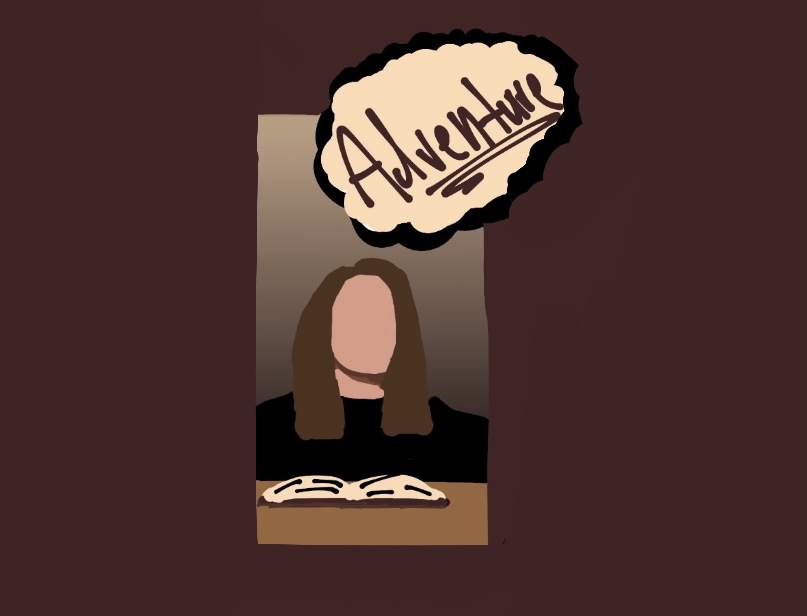Gap years: Are they making a COVID-19 comeback?
Taking a gap year is a very polarizing topic as some people think it’s lazy and some people think it’s inspiring. In America, gap years are not common at all: you either go to school, or you start work. The rise in colleges partaking in online school during COVID-19 though, may begin a new era of educational norms.
If we take a look at our ideologies in America, many values we have are black and white. You are either with us or against us, good or bad, right or wrong. In other words: Americans don’t have enough faith in each other to allow for grey areas.
COVID-19 has just enforced this absolute narrative, but high school seniors are starting to realize that even if college is their dream, paying massive amounts of money to go to school from their bedroom just isn’t worth it. In fact, the StudentPOLL from the Art and Science Group states that in last April, 16% of high school seniors were considering a gap year.
Many believe that gap years are totally unstructured, but the Gap Year Association has changed the culture surrounding gap years. They give out scholarships so people can pay to live on their own, they offer career counseling and most importantly, they cultivate willing students who after a year of being out in the world, can take their experience and transfer it to college in ways that students fresh out of high school can’t.
According to the Gap Year Association, 98% of gap year students said it helped them develop as a person. We should be encouraging this growth, not making children pick what they want to do for the rest of their lives before even having a taste of what real life is actually like. A resounding 90% of gap year students return to their traditional education within the year.
So where does this fear of gap years come from? It brings us back to this age old American fear of grey areas. If students get a taste of freedom, they won’t ever have the same drive or motivation to go back, right?
This mindset stems from how we teach our children to view school, even with the new implements of growth mindset: an educational tactic used to encourage growth rather than setting limitations on students. We teach kids that you must love every aspect of school in order to be a successful student, which puts an insurmountable amount of pressure on them and causes a disdain for all things school related. We must understand that a good student is someone who understands balance; someone who is comfortable in the grey areas: a skill that gap years can teach.
This is why many people discourage the taking of gap years: if kids hate school so much, why would they ever go back. If we changed how we view school, gap years will become a more practical decision. Instead of gap years being a break from education, it becomes a way to educate yourself in a new way.
Gap years are a chance for a new kind of education, one that utilizes exposure therapy like never before. Putting these teenagers into the real world for one year gives them skills that they cannot learn in school and a chance to dip their toe in the water by figuring out their place in the world before jumping in.
COVID-19 has come with a mirage of terrible effects, but somehow high schoolers have a special gift for being able to see the silver lining. College should be an immersive experience and online, just isn’t the same. A gap year is the right choice for many people and COVID-19 is reopening our eyes to this very practical option.


